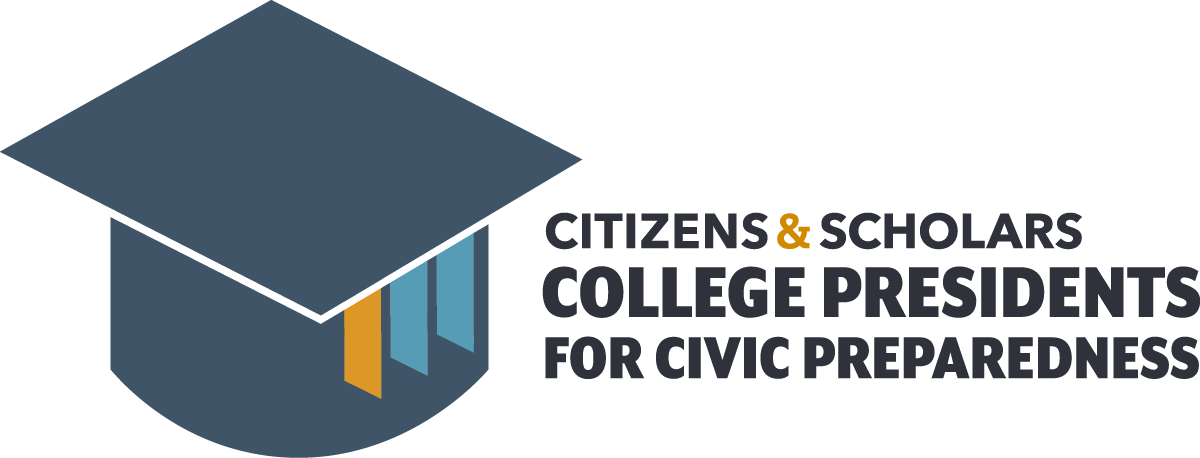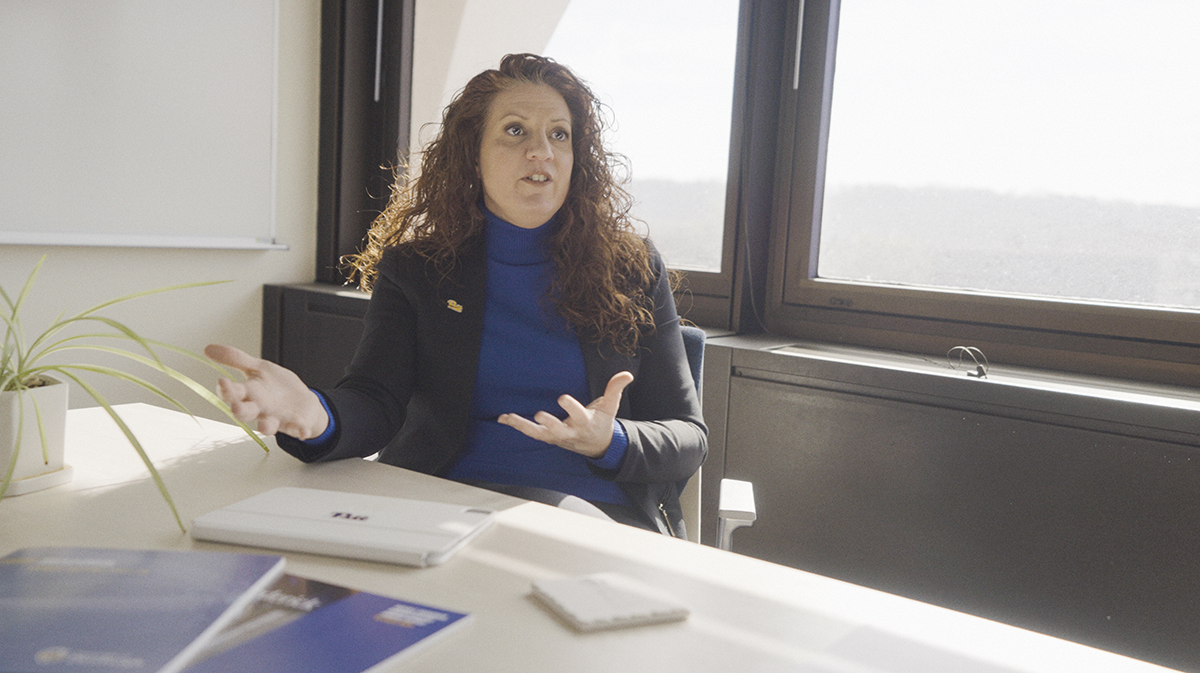Belkys Torres is the Associate Vice Provost for Inclusive Excellence in Education at the University of Pittsburgh.
“For me, it’s not just about helping students succeed in the classroom—it’s about preparing them to navigate a future that’s wide open. We have a responsibility to teach them how to think critically, work across differences, and solve the real problems facing our world.”
Why do you do this work, and who do you serve?
This work is deeply personal to me. I’m a first-generation everything—college student, doctoral student, faculty member, and now administrator. I carry a strong belief in the power of education to transform lives. For me, it’s not just about helping students succeed in the classroom—it’s about preparing them to navigate a future that’s wide open. We have a responsibility to teach them how to think critically, work across differences, and solve the real problems facing our world.
Why is Pitt a good setting for this kind of work?
Pitt is a top research university, and that comes with a responsibility. We have to keep evolving, reflecting, and asking: Are we serving all our students? Are we preparing them for what the world needs right now? That’s the kind of environment where this work matters—and why it’s possible here.
What does bridge building mean to you?
At Pitt, we’re committed to community engagement. Bridge building means building trust-based relationships, listening actively, and making sure our teaching and research reflect the needs of the people around us. It’s about authentic collaboration inside and outside the classroom.
Can you share more about your role in inclusive excellence?
My role is fairly new—I’ve been in it for two years. I focus on one question: What does it mean for every student to have equitable, affordable access to excellent academic experiences? That can involve rethinking academic policies, addressing financial barriers, or revising curriculum. Right now, we’re engaged in a major reform of our general education curriculum to better prepare students for the 21st century.
What are students saying about civil discourse? Where are they thriving or struggling?
Students come to Pitt wanting to do good in the world. They want to be thoughtful, engaged citizens, but they also come with a lot of questions—and sometimes fear. They know there are things they haven’t learned yet, and they’re asking: How do I have this conversation? What do I do when someone disagrees with me? Our job is to create spaces where they can practice those skills, and the Year of Discourse and Dialogue has really helped with that.
What role does curriculum play in developing these skills?
Across many departments—English, communication, political science, international affairs—faculty are using texts, case studies, and discussions to help students explore how people disagree and what it looks like to communicate across those differences. It’s not about winning arguments; it’s about understanding other perspectives and asking good questions.
Can you share a story that illustrates this work in action?
One initiative I’m proud of is our Civic Learning Distinction. It connects classroom learning with real-world experiences like internships, volunteering, and community-based research. Students earn a transcript designation for this work. I’ve seen students ask how they can become better listeners, how they can support local nonprofits—those are powerful moments of growth and empathy.
Have you seen peer leaders influence others through this work?
Absolutely. Pitt students show up with humility and leadership. For example, the Latino Student Association didn’t exist five years ago—students saw a gap and created it with the help of faculty and Student Affairs. That kind of student-led organizing has ripple effects across campus.
How does your personal background inform your perspective on this work?
I come at this work as the daughter of Cuban refugees who came to the United States in the 1960s. I had the privilege of growing up in a very multicultural environment as a bilingual individual, born to and living within a very passionate community. We Cubans are very loud. We speak with our body and our minds and our souls. Sometimes that’s misunderstood as anger, not passion. That background helps me understand the importance of perspective, communication, and trust. And it’s taught me that sometimes, the best thing I can do is to listen—really listen—before I speak.
What does civil discourse mean to you?
The term civil discourse—if you ask many of my colleagues—we’re all going to come at the definition from a different point of view and perspective. For me, it means the opportunity to learn by listening and asking questions. I never come into a conversation expecting to walk away having changed someone’s mind, and I don’t expect to walk away having changed my own mind either. But I always come into it with the hope and desire to learn something new. So when I think about civil discourse, I think about how I’m making space to listen, how I’m asking questions to learn something new, and how I’m sharing my own experiences and knowledge in ways that might help someone else learn, too.
Is there anything you’re especially excited about for the future of this work at Pitt?
Torres: I’m really excited about how we’re embedding this work in the curriculum. The Civic Learning Distinction is one example. We’re also working to catalog and elevate courses that develop dialogue skills, and to prioritize this work in our general education reform. This isn’t a passing moment—it’s becoming part of our institutional DNA.
How has Chancellor Gabel’s leadership supported this work?
Her leadership has been extraordinary. She was instrumental in our partnership with the Institute for Citizens and Scholars and has made civic dialogue a strategic priority. That top-level support gives the rest of us the momentum and backing to make real change.
Why does bridging divides matter to you?
We do this work at the University of Pittsburgh and elsewhere because we recognize that the role of education and educating the next generation is really what allows us to preserve democracy. Democracy in this country is advanced by the learned, by the cultured, by the leaders. What that means then is that we have to be very careful and thoughtful about the ways in which we develop and create community. The only way that we can continue to preserve democracy is by allowing us the opportunity, especially in moments where groups of folks disagree, to remember that, fundamentally, we are human.
That in our humanity, what is crucial is the way that we communicate with one another and that if we can trust one another to at least come around the table to have a conversation, that we can continue to make this country and this world a better place. That the only thing that we can’t do ever is allow communication to break down because that’s the beginning of the end.

